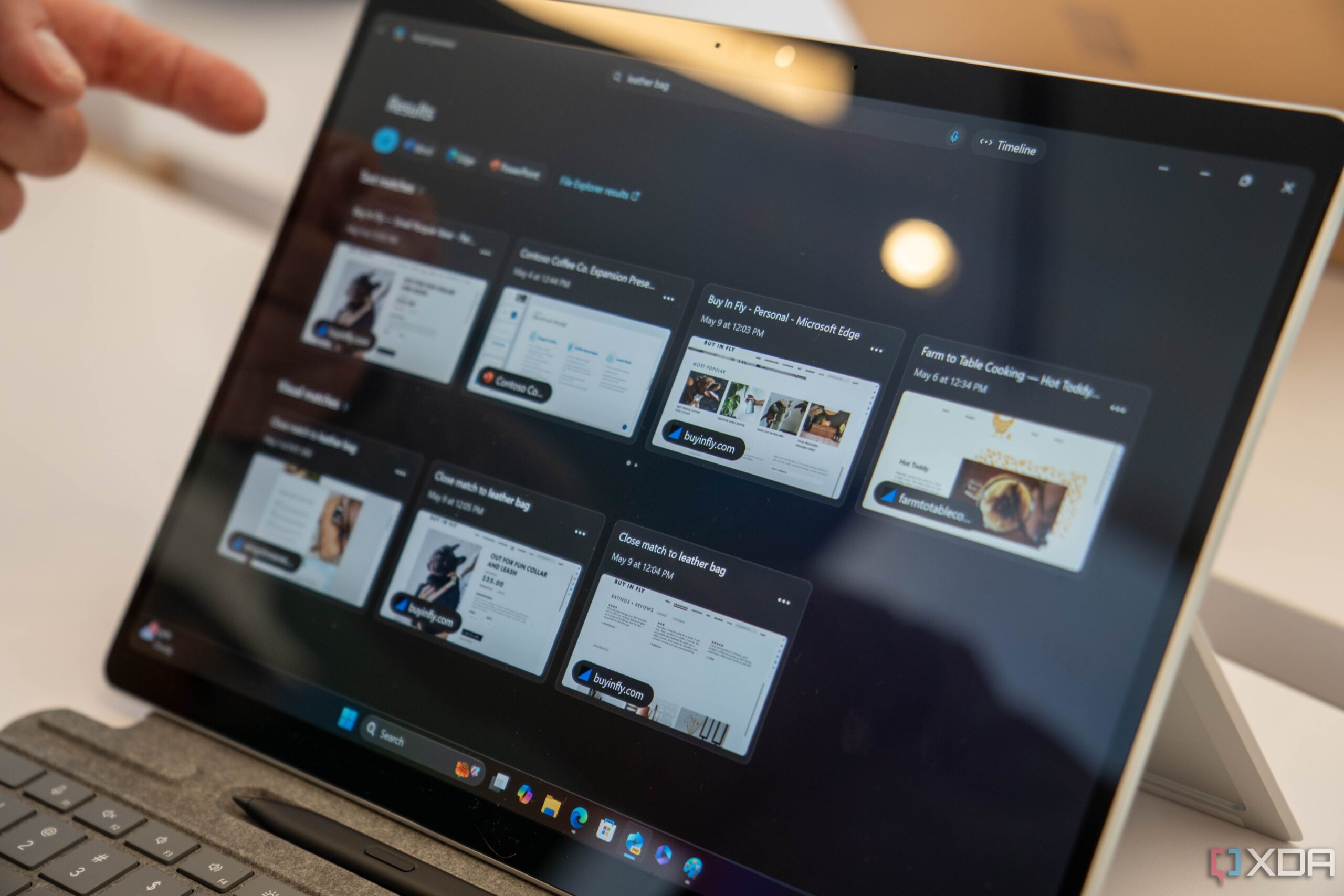UPDATE: Microsoft’s Recall feature has ignited serious security concerns, prompting users to reevaluate their reliance on clipboard managers. Just announced, this renewed scrutiny highlights potential vulnerabilities that could expose sensitive data on PCs.
The backlash against Microsoft’s Recall, which monitors and saves nearly all activity on a PC, has intensified, with critics labeling it as “spyware.” Initially launched in May 2024 for Copilot+ PCs, Recall captures screenshots every few seconds, posing significant risks to users’ privacy. April 2025 saw a revamped version released following widespread criticism, including mandatory encryption to protect user data.
Despite these improvements, many users remain wary. The clipboard managers that many rely on for enhanced productivity mirror Recall’s initial flaws by storing vast amounts of sensitive data without guaranteed security. With the ransomware industry projected to soar to $250 billion in the next five years, the urgency to scrutinize these tools has never been greater.
Microsoft Recall was designed to create a searchable database of user activity, storing potentially sensitive information such as passwords and banking credentials in an unencrypted format. Security experts warned that such data could easily fall into the hands of malicious actors. Following public outcry, Microsoft delayed its public rollout to enhance security features and make the tool opt-out instead of opt-in.
“Having a tool that stores confidential information on your computer is susceptible to malicious actors who are looking to make money,” warns the SANS Technology Institute.
As users embrace clipboard managers for their convenience, they may be inadvertently compromising their security. Every time you copy sensitive information, such as passwords or API keys, it could be stored unprotected within these apps. Many third-party clipboard managers do not employ encryption, raising serious concerns about data safety.
For instance, while Windows’ built-in clipboard history offers limited security and storage, third-party options provide greater flexibility, often storing an indefinite number of items. However, this convenience can come at a high cost. Users must consider the potential for their clipboard history to be accessed by cybercriminals.
Some clipboard managers, like Ditto, currently lack robust security measures, and while they may promise future encryption, the risks remain present. As hackers become increasingly sophisticated, the potential for clipboard history to be exploited for fraud or identity theft increases dramatically.
Given the public’s concern over Microsoft Recall, it is essential for users to reassess their clipboard management strategies. If you are uneasy about the risks associated with Recall, consider the implications of using a clipboard manager. The same vulnerabilities exist, and without proper security measures, users could be putting their sensitive information at risk.
Moving forward, individuals should be vigilant. Whether you opt for Microsoft Recall or a clipboard manager, understanding the security features and limitations is crucial. As the digital landscape evolves, so does the need for heightened awareness regarding data privacy.
In this era of increased cyber threats, the message is clear: if you have concerns about Microsoft Recall, it is time to closely examine all the software tools you rely on for your digital life.
Stay informed and protect your data—share this critical update with others to raise awareness and encourage safe computing practices.





































































